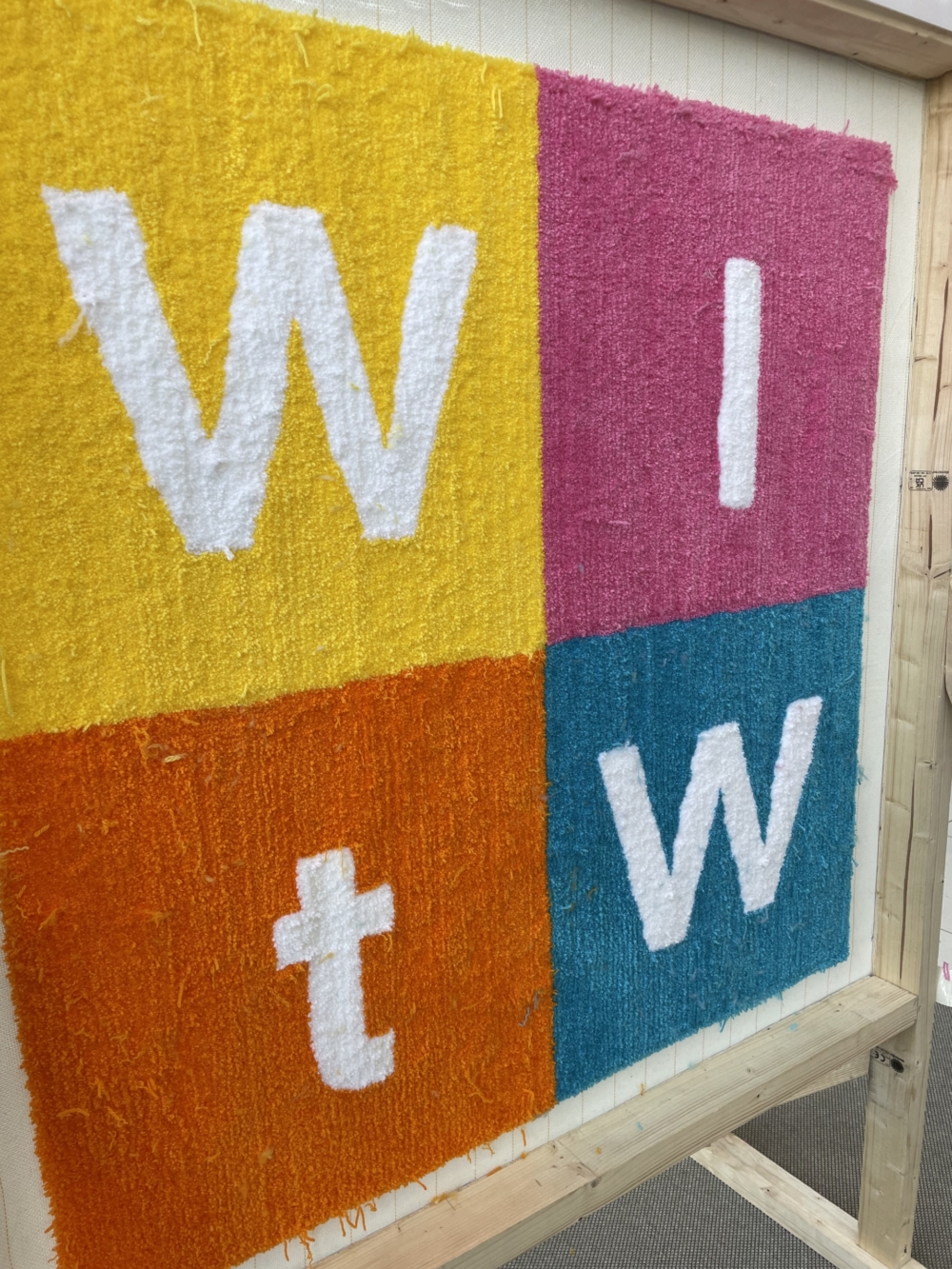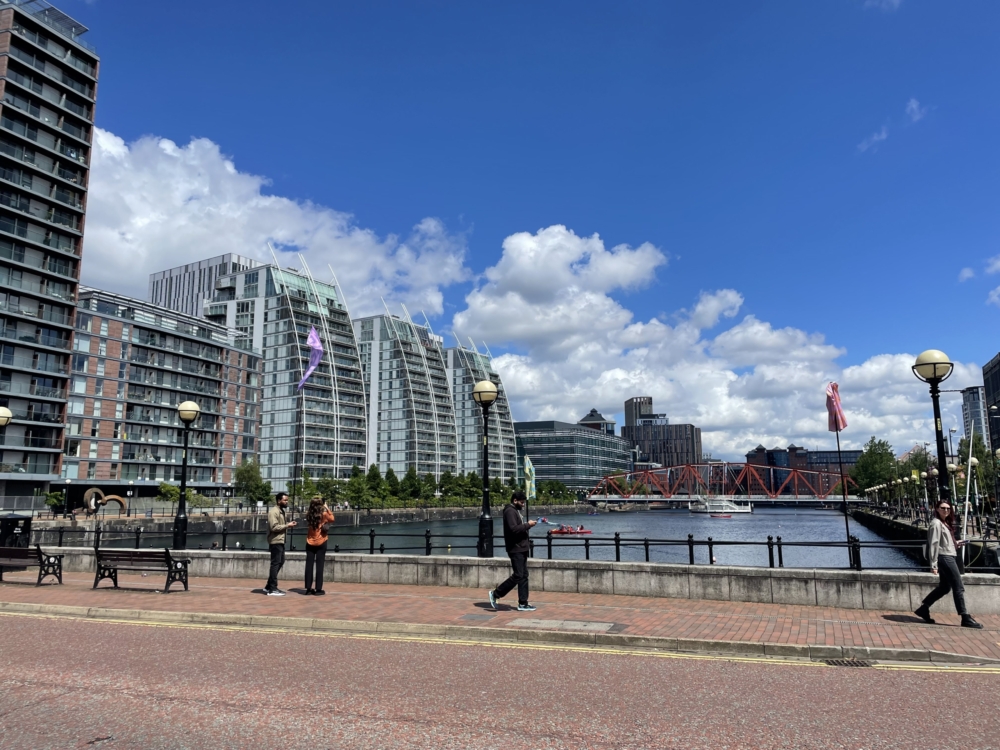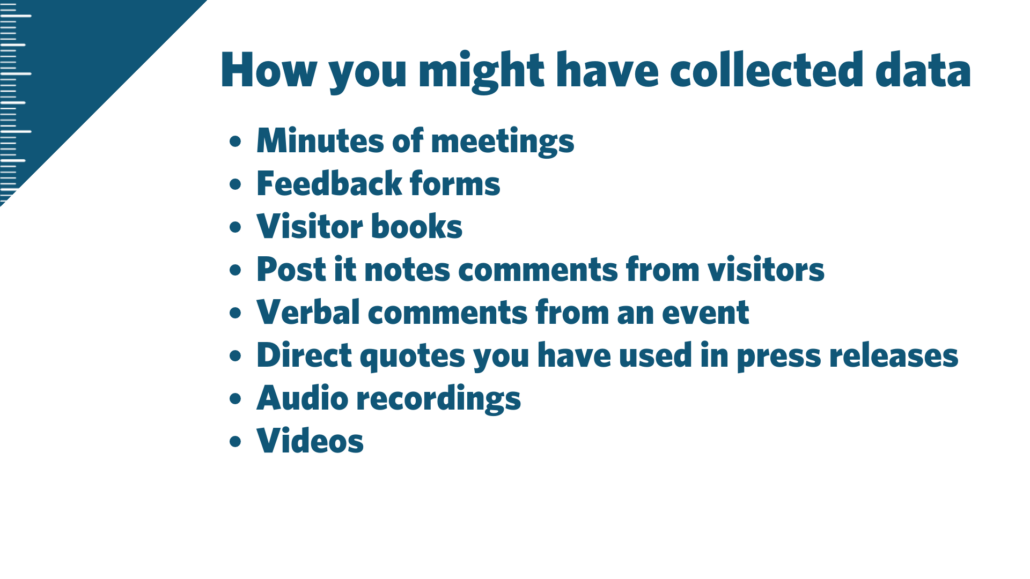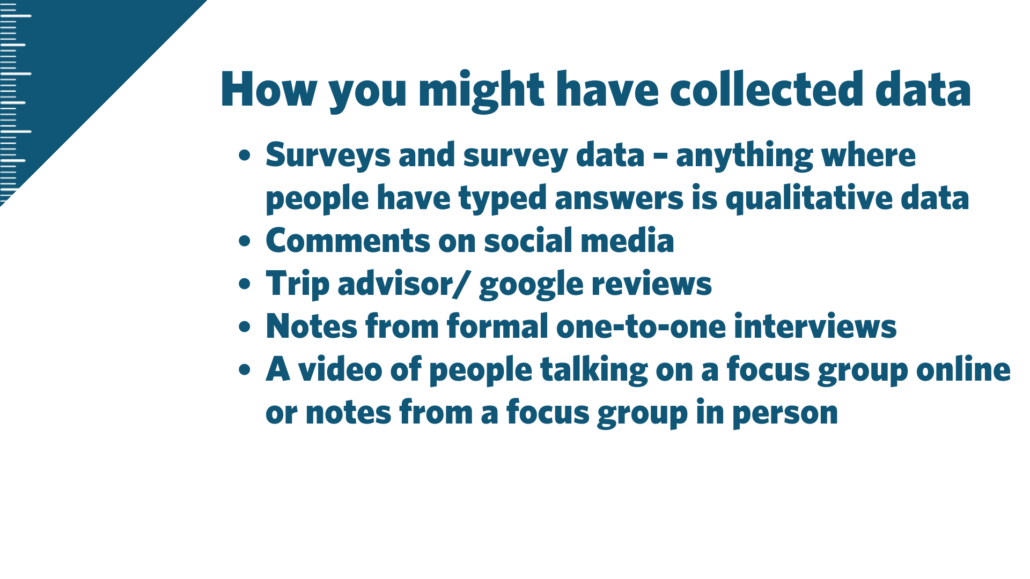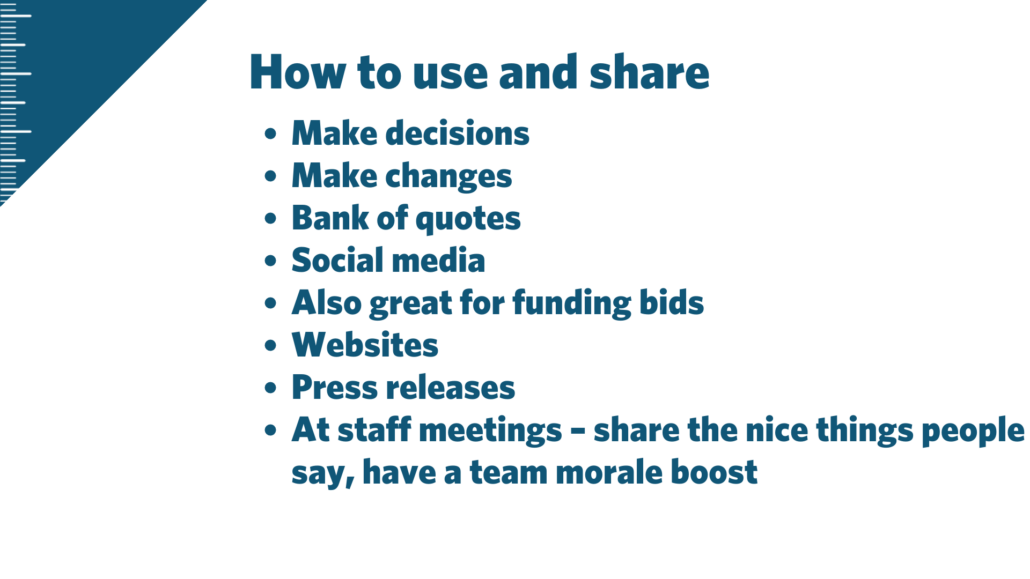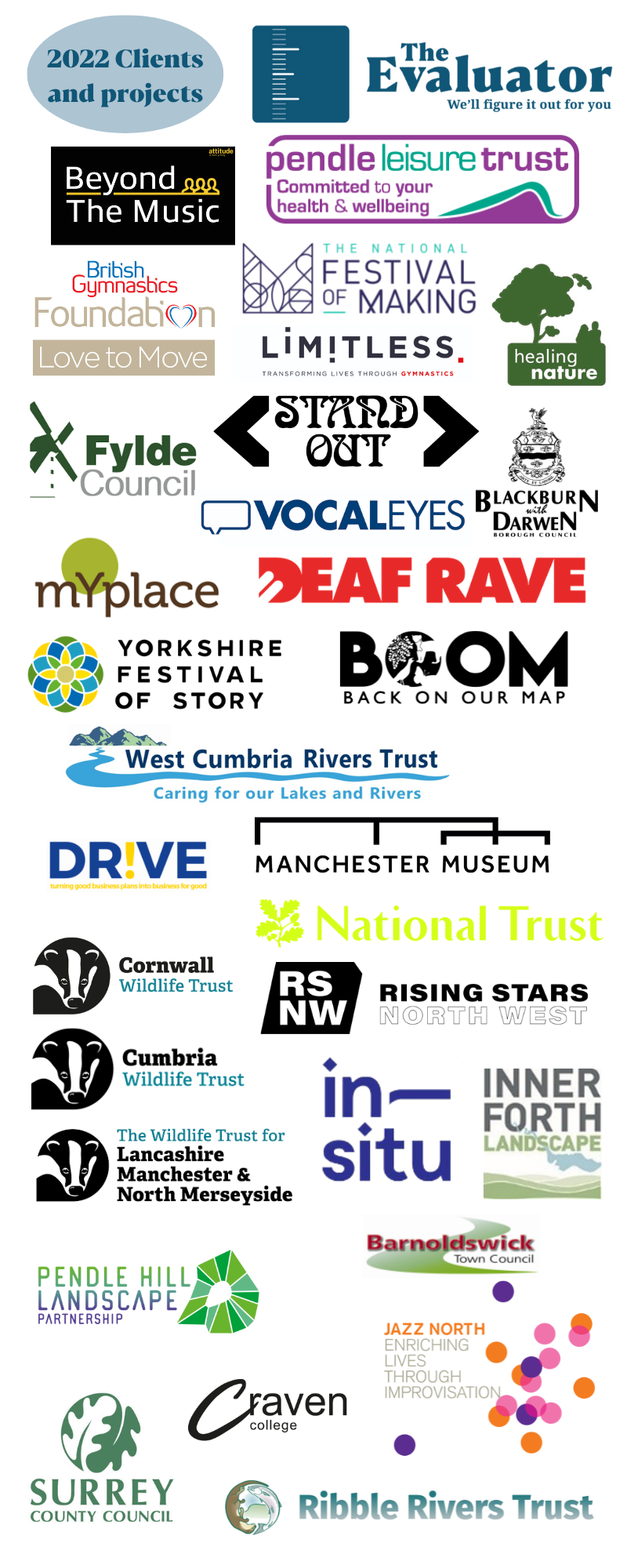Illuminate changes FOR NPO’s
Illuminate Changes for NPOs
Early in 2025, Arts Council England announced some significant changes to their reporting system, Illuminate.
To paraphrase – they have announced that although Illuminate has been widely adopted, with over 500,000 survey responses collected since its launch, there is no longer the same requirement to meet audience targets for data collection in detail.
All NPOs and IPSOs must continue using Illuminate to report on funded activity and audience or participant numbers every quarter, as this data contributes to official statistics. While organisations are still encouraged to gather insights on their audiences, they will not be required to use Illuminate audience surveys in 2025/26.
What This Means for Organisations
You can now choose how to collect data and determine what works best for you. This also means you can ask things in a different order, reword questions, and make your data collection truly work for your organisation.
You might be wondering what to do now. Well, we would always recommend collecting audience data – and then using that data to make decisions. In fact, if you are unsure, we’d say collect less information but use it more. The worst outcome for everyone is collecting lots of information and then not doing anything with it.
Below are some pros and cons of collecting audience data to help you decide. And remember – we’re more than happy to help with this. Our full National Portfolio Organisation (NPO) package, which provides annual support to collect data, complete the annual return, manage quarterly uploads to Illuminate, and then analyze and present that information back to you, starts at just £2,400 (+VAT) per annum. It’s very good value for money, as we do this for a number of organisations and it is surprisingly affordable.
Pros of Collecting Audience Data
✔️ Powerful Insights: It’s a great way to understand who is engaging with your work, what they enjoy, and who might be missing from your reach.
✔️ Informed Decisions: Gathering this insight helps you pinpoint where to improve and where to focus your energy for the greatest impact.
✔️ Relevance & Engagement: It ensures your work remains relevant, accessible, and engaging to the widest possible audiences.
✔️ Audience Connection: People appreciate the opportunity to share their thoughts and feel they have a voice in shaping the future of your organisation.
✔️ Building Inclusivity: Acting on audience feedback strengthens relationships and helps build a more inclusive, successful organisation.
Cons of Collecting Audience Data
⚠️ Time Commitment: Collecting data takes time – for staff to gather it, for teams to analyze it, and for audiences to complete surveys.
⚠️ Survey Fatigue: People are often asked for feedback in many areas of life, so they’re more likely to respond positively if they see their input genuinely valued and acted upon.
⚠️ Meaningful Use: Data should shape decisions and improve experiences rather than becoming a tick-box exercise. When purposeful, data collection feels less like a task and more like a tool for growth and connection.
Our mantra is simple: collect less, but use it more. There’s nothing worse than gathering huge amounts of data only to discover there’s no capacity to make practical use of it. Focusing on meaningful, targeted information means every piece of data serves a purpose and drives real impact.
You’re not alone in this our NPO data return package includes dedicated analysis time, so you can make the most of the insights you collect without feeling overwhelmed. We’re here to help you turn data into action.
If you have any questions or want more information, contact us at info@theevaluator.co.uk or call 01756 532 538 and we’ll be delighted to see how we can help.
